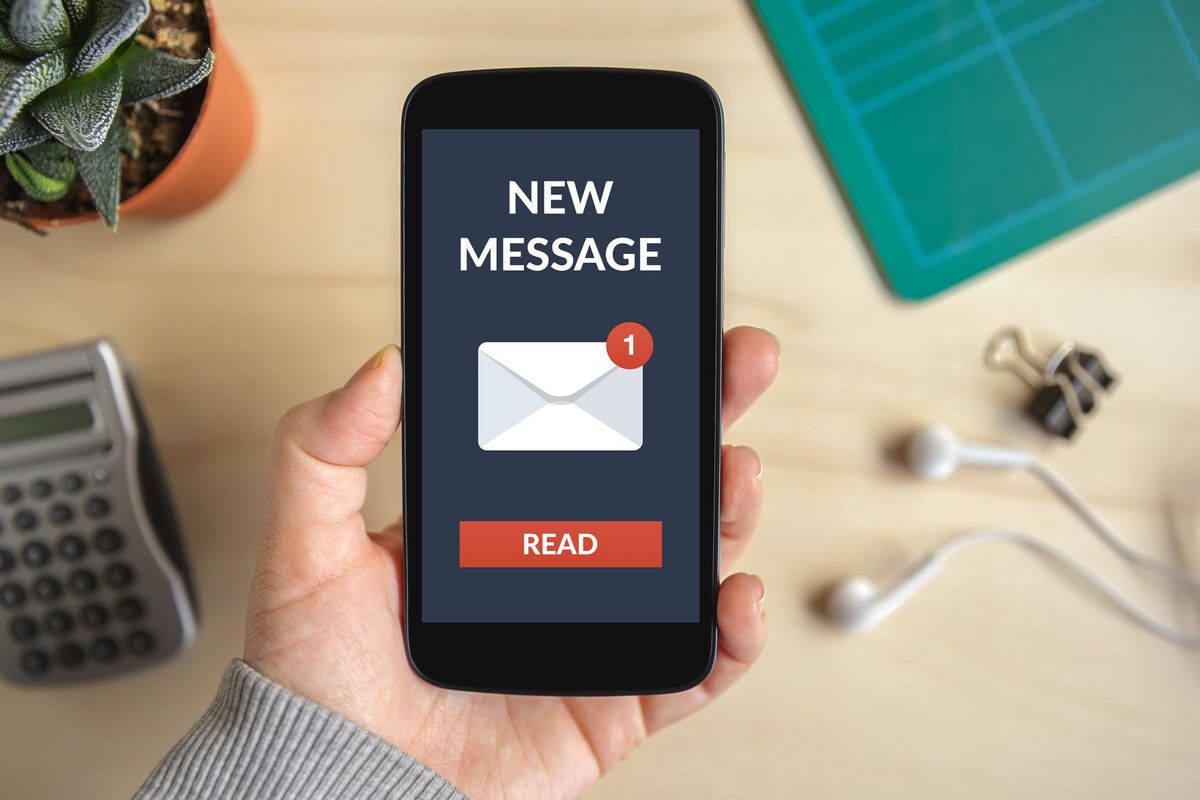
4 Rules for Sales Follow-Ups That Really Connect With Clients
Circling back around to contact your sales clients can be exciting when you’re first starting in sales, but after a while the routine of sales follow-ups can feel somewhat stale.
However, it’s not just the salesperson who feels like they’re stuck in a rut—clients are able to sense a dry thank you or generic email coming from a mile away. That’s why putting the effort into individualized reminders can help you stand out from the noise and give you an edge in sales.
1. Be personal and trustworthy
Without a personal connection to your clients, they’re likely to find you replaceable. It’s become all too easy to just flit from one sales relationship to the next in the ever-expanding world of business. Adding to this problem is the fact that there are so many ways to avoid conversations today that it can feel like you have little chance to establish strong ties with your customers.
Emails are deleted without so much as a glance and voicemail messages are ignored or practically forgotten at the time of listening. This is why the individualized reminder is an opportunity for you to subvert the initial distrust you will find with practically every new person you meet.
2. Don't rely too much on automation
Sending out automated emails is undoubtedly handy. It frees up more time in your day while still using the tried-and-true tactic of repetition. But automating your day becomes incredibly tricky as a salesperson because the more removed you are from what you do, the more likely it will come across that way to the client.
When you are mindful about what you send—even if you do use a template for language help—you can increase your involvement in the account and thus the drive you have to succeed with it.
3. Invest the time in crafting compelling emails
Work within your boundaries. Your best bet is to identify the key points that the client is looking for in the interaction. For example, if budget is the driving factor behind hesitation, then address this straight on. Make your email subject line bold, but remember that phrases like “Don’t Miss Out” have become somewhat commonplace and easy to ignore. Be as specific as possible while remaining concise.
More articles by AllBusiness.com:
- The Critical Importance of Sales Follow-Ups
- 4 Surprising Sales Lessons We Can Learn From Toddlers
- 3 Marketing Strategies That Can Also Be Used to Attract the Best Employees
- 5 Effective Ways to Prevent Sales Rep Burnout
- 9 Superstar Traits Every Salesperson Needs to Beat Fear and Rise Up
In the body of your email, if it’s the difference between your company and a competitor, mention a key edge you have over “the other guys.” Bring up your fulfillment strategies, as more than 75% of buyers rate this as extremely important. And always feature a strong call-to-action. Use headers and graphics that illustrate your point, and don’t be afraid to push the boundaries a little when it comes to wording—especially if you’re dealing with a client who prides themself as being a "roll up the sleeves"-type of person.
4. Pay attention to the timing of your communications
Timing is truly important here, so if your gut is telling you to jump on an opportunity instead of holding back, it’s best to listen. In the same vein, ensure that making contact with a client works in terms of their schedule. Whether that means adjusting your own routine or just being smarter about when you send out reminders, being cognizant of other people’s time can do wonders for your bottom line.
For example, an email sent at the end of the day might be ignored and then later buried under the mountain of morning emails that come in. A phone call received during the lunch hour can be easily skipped and forgotten about in a matter of moments. Remember that messages should always be personalized to the person you’re reaching out to, while any information you convey about your products should stay consistent.
Individualize sales follow-ups give you the edge
Individualized reminders can help cement information about your products in a customer’s mind, even if they’re not ready to buy just yet. The key is to provide information that is most relevant to the potential client. With 82% of decision-makers saying that sales reps seem unprepared, simply being prepared can give you a huge competitive advantage.
After a sale is complete, a salesperson needs to use that accomplishment as a means to secure the next sale. Using personalized reminders as sales follow-ups serve to make you more invested in any given business, and help you to precisely pinpoint clients’ needs.
By staying diligent about setting reminders and continuing to offer customers relevant, useful content, you will begin to establish yourself as a fixture in their business. The more that customers rely on you for timely service, the more you will see these continued benefits roll over to more sales.



